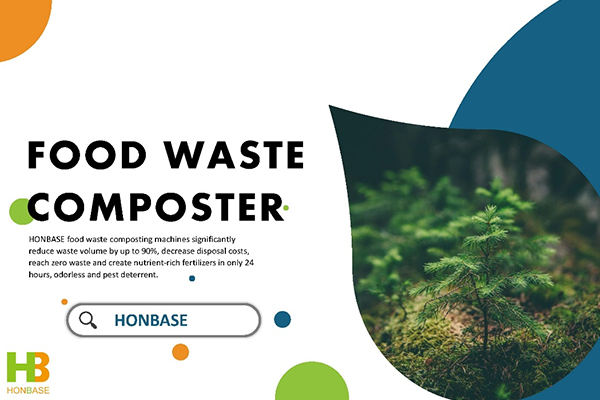The Growing Role of Food Waste Composters in Sustainable Waste Management
As the world continues to confront the escalating issues of waste management and environmental sustainability, food waste has emerged as a significant challenge. Approximately one-third of all food produced globally is wasted, contributing to unnecessary landfill waste and greenhouse gas emissions. However, innovative solutions like the food waste composter are helping to transform this issue into an opportunity for environmental improvement and resource recovery.
What is a Food Waste Composter?
A food waste composter is a device designed to recycle food scraps and organic waste into nutrient-rich compost. By speeding up the natural decomposition process, composters break down food waste into a fine, organic material that can be used to improve soil quality, reduce the need for chemical fertilizers, and help communities adopt more sustainable waste management practices.
These composters come in various sizes, from small, residential units to larger, industrial models used in commercial kitchens and waste treatment facilities. Some food waste composters use aerobic methods, relying on oxygen and microorganisms to break down the waste, while others use anaerobic digestion to convert food scraps into biogas that can be used as an energy source.
Applications of Food Waste Composters
Households: In residential areas, food waste composters offer a practical and eco-friendly way for families to reduce their carbon footprint. Instead of sending food scraps to the landfill, homeowners can compost organic waste and create their own nutrient-rich soil for gardening. This not only helps reduce waste but also provides a sustainable solution for growing food at home.
Restaurants and Commercial Kitchens: The foodservice industry generates a large amount of organic waste daily. By integrating food waste composters into their waste management systems, restaurants and commercial kitchens can significantly reduce the volume of waste sent to landfills. Additionally, composting organic waste can help reduce waste disposal costs and support sustainability initiatives.
Agricultural and Landscaping Applications: The compost produced by food waste composters can be used to enrich the soil in agricultural fields and landscaping projects. Rich in nutrients, compost improves soil health, promotes plant growth, and reduces the need for synthetic fertilizers, aligning with sustainable agricultural practices.
Municipalities and Waste Management: Cities and towns are increasingly adopting food waste composting programs as part of their waste management strategies. These initiatives help municipalities divert large volumes of food waste from landfills, reducing methane emissions and contributing to greener urban spaces. Some cities have implemented curbside composting programs to make food waste composting easy for residents.
The Environmental Impact
The environmental benefits of using food waste composters are substantial. Food waste in landfills decomposes anaerobically, releasing methane gas, a potent greenhouse gas. By composting food scraps, communities can help mitigate these harmful emissions. Furthermore, using compost in soil improves water retention, reduces the need for chemical fertilizers, and supports healthy ecosystems.
In conclusion, as food waste continues to be a growing concern, food waste composters are playing a crucial role in turning this challenge into a solution. Whether in homes, businesses, or municipalities, the adoption of composting technology helps reduce waste, promote sustainability, and support healthier environments. With the growing awareness of environmental issues, food waste composters are poised to become an integral part of sustainable waste management systems worldwide.















